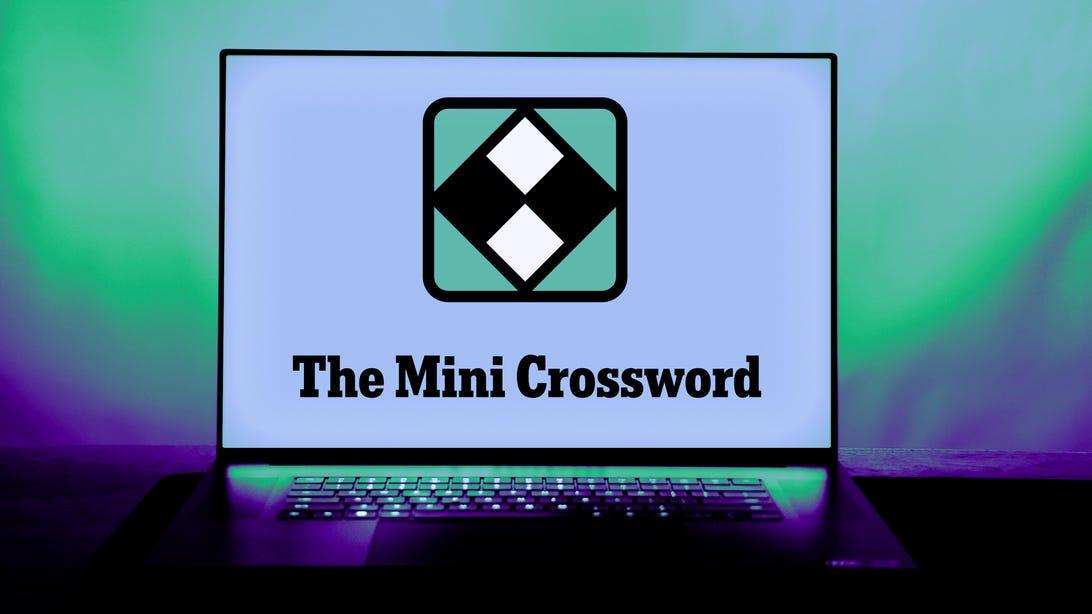Google’s Antitrust Battle: AI’s Impact on Search and the Future Web
Google’s Antitrust Battle: AI’s Impact on Search and the Future Web
From its inception, Google has revolutionized how we access information. However, its dominance in online search has placed it under intense scrutiny, culminating in a significant antitrust case brought by the US Department of Justice (DOJ). The closing arguments have now been made, and the outcome of this trial could reshape the internet landscape, impacting everything from emerging technologies to the way we interact with search engines. This article delves into the core arguments, focusing on how AI and Google’s business practices are being challenged.
The DOJ’s Case: Google’s Anticompetitive Practices
The DOJ’s central claim is that Google has engaged in anticompetitive practices to maintain its monopoly in general search. After a lengthy trial that included expert testimony and detailed examination of Google’s business dealings, the DOJ is now urging United States District Judge Amit Mehta to impose significant restrictions on Google’s operations. One of the most drastic measures proposed is the divestment of the Chrome browser. This move, if enacted, would be a major blow to Google and a significant victory for the DOJ.
The Shifting Sands of the Internet Landscape
While the antitrust case has been winding its way through the legal system, the internet has undergone a radical transformation. The rise of AI, particularly generative AI, has introduced new players and paradigms that challenge Google’s traditional search model. This shift has complicated the case, making it more challenging to predict the long-term consequences of any potential remedies.
Key Points of Contention
During the closing arguments, the focus was on two critical areas:
- Google’s Search Deals: The DOJ argues that Google has used its financial muscle to secure exclusive search deals with device manufacturers and mobile carriers, effectively shutting out competitors. These deals, according to the DOJ, create an unfair playing field and stifle innovation.
- The Rise of AI: Both sides debated how AI will reshape the search landscape. The DOJ contends that Google’s dominance in search gives it an unfair advantage in the AI race, potentially allowing it to further entrench its monopoly. Google, on the other hand, argues that AI will level the playing field, forcing it to innovate and compete more vigorously.
The Potential Impact of AI on Search
The emergence of AI-powered search tools presents both opportunities and challenges. On one hand, AI has the potential to provide more relevant and personalized search results. On the other hand, it could exacerbate existing biases and create new forms of manipulation. The DOJ is concerned that Google’s control over vast amounts of data and its dominance in AI research could allow it to control the future of search, potentially stifling competition and innovation.
Chrome Divestment: A Drastic Remedy?
The DOJ’s proposal to force Google to sell Chrome is undoubtedly the most controversial aspect of the case. Chrome is not just a browser; it’s a critical component of Google’s ecosystem, tightly integrated with its search engine, advertising network, and other services. Divesting Chrome would likely disrupt this ecosystem and could have far-reaching consequences for both Google and its users.
Arguments for Divestment:
- Promotes Competition: Separating Chrome from Google’s search engine could encourage the development of alternative browsers and search engines, leading to greater innovation and choice for consumers.
- Reduces Google’s Power: Divesting Chrome would weaken Google’s control over the internet ecosystem, reducing its ability to stifle competition.
Arguments Against Divestment:
- Disrupts User Experience: The tight integration between Chrome and Google’s services provides a seamless user experience. Divestment could disrupt this experience and make it more difficult for users to access their favorite services.
- Uncertain Benefits: It’s not clear that divesting Chrome would actually lead to greater competition. Other factors, such as network effects and brand loyalty, could still give Google a significant advantage.
The Broader Implications
The outcome of this antitrust case will have significant implications for the future of the internet. If the DOJ prevails, it could lead to a more competitive and innovative search landscape. However, it could also disrupt existing business models and create new uncertainties. If Google prevails, it could further entrench its dominance and potentially stifle innovation.
The Role of Emerging Technologies
Emerging technologies like blockchain and decentralized search engines could offer alternative models for online search. These technologies have the potential to disrupt Google’s dominance by creating more open and transparent search platforms. However, they are still in their early stages of development and face significant challenges in terms of scalability, usability, and adoption.
The Future of Search: A Post-Google Internet?
Envisioning a post-Google internet is a complex task. Google’s search engine has become so deeply ingrained in our daily lives that it’s difficult to imagine a world without it. However, the rise of AI and emerging technologies could pave the way for new and innovative search solutions. Whether these solutions will be able to challenge Google’s dominance remains to be seen.
Conclusion: A Pivotal Moment for the Internet
The Google antitrust case represents a pivotal moment for the internet. The outcome will shape the future of search, competition, and innovation. As the judge deliberates, the tech world watches with bated breath, wondering what the future holds. The key takeaway is that the rise of AI and other emerging technologies is forcing us to rethink the very foundations of the internet. The decisions made in this case will have a lasting impact on how we access information and interact with the digital world. Stay tuned for further updates and analysis as this case progresses. What are your thoughts on the future of search? Share your predictions in the comments below!
Source: Ars Technica



